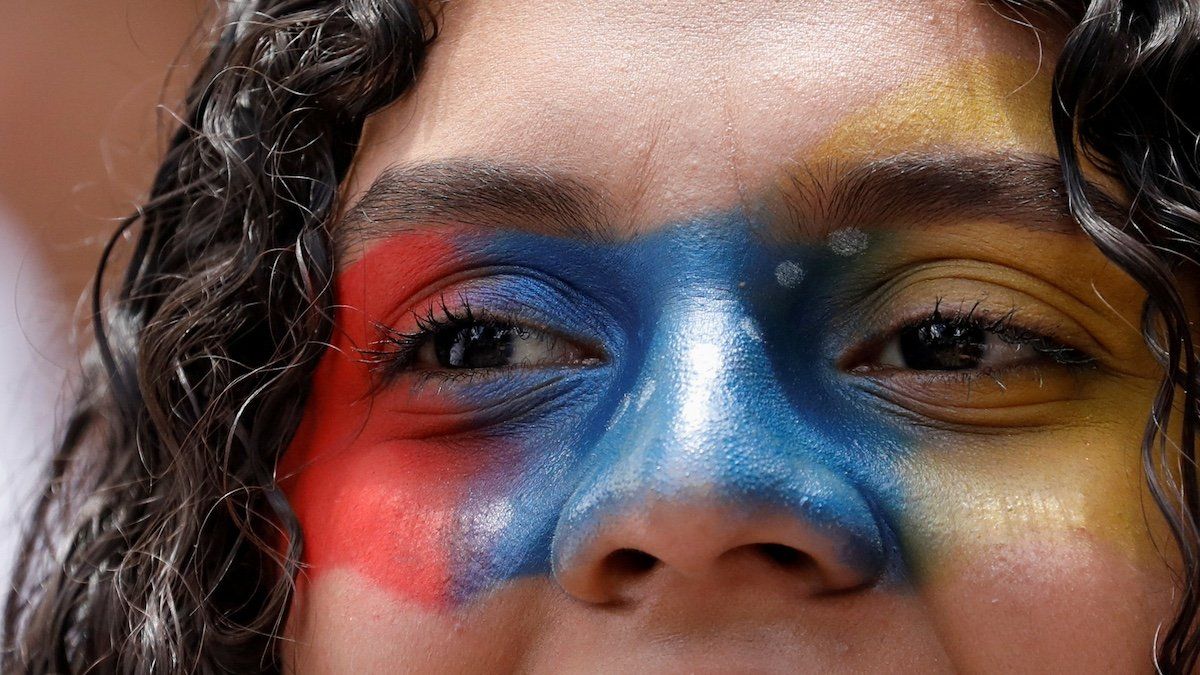Seven EU member states on Sunday demanded that the Venezuelan government publish the electoral rolls to settle last weekend’s heavily disputed election, and the US and Argentina have taken the lead in recognizing opposition candidate Edmundo González as president. Thousands of Venezuelans have put their lives and freedom at risk to protest President Nicolás Maduro’s claimed electoral victory this past week,and the regime has arrested hundreds and deployed armed paramilitaries to intimidate them.
Human Rights Watch reports that 17 people have died since protests broke out last Monday.
Gonzalez is in hiding to protect his well-being. But Maria Corina Machado, a fellow opposition leader who was barred from running, held a defiant rally on Saturday to galvanize the demonstrators. “After six days of brutal repression, they thought they were going to silence us, intimidate or paralyze us,” she said. “The presence of every one of you here today represents the best of Venezuela.”
Her coalition collected electoral tally sheets from 80% of the precincts, and they showed a landslide victory for the opposition, with 6.89 million votes for Gonzalez and 3.13 million for Maduro. Venezuela’s government claimed Maduro won 6.4 million votes to Gonzalez’s 5.3 million.
What happens now? Brazil, Colombia, and Mexico are leading diplomatic efforts to set up an impartial audit of the results, and they can count on wide backing in the Americas and Europe. We’re watching how they apply pressure this week, and whether Caracas might make agreeable noises, if only to try to calm the furor in the streets.
